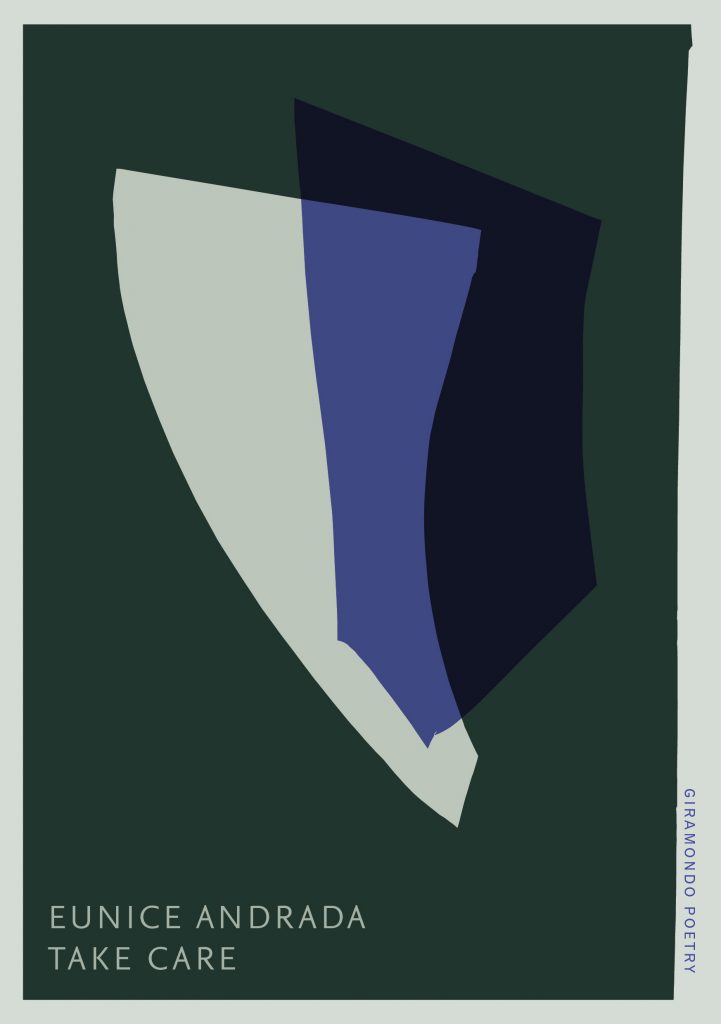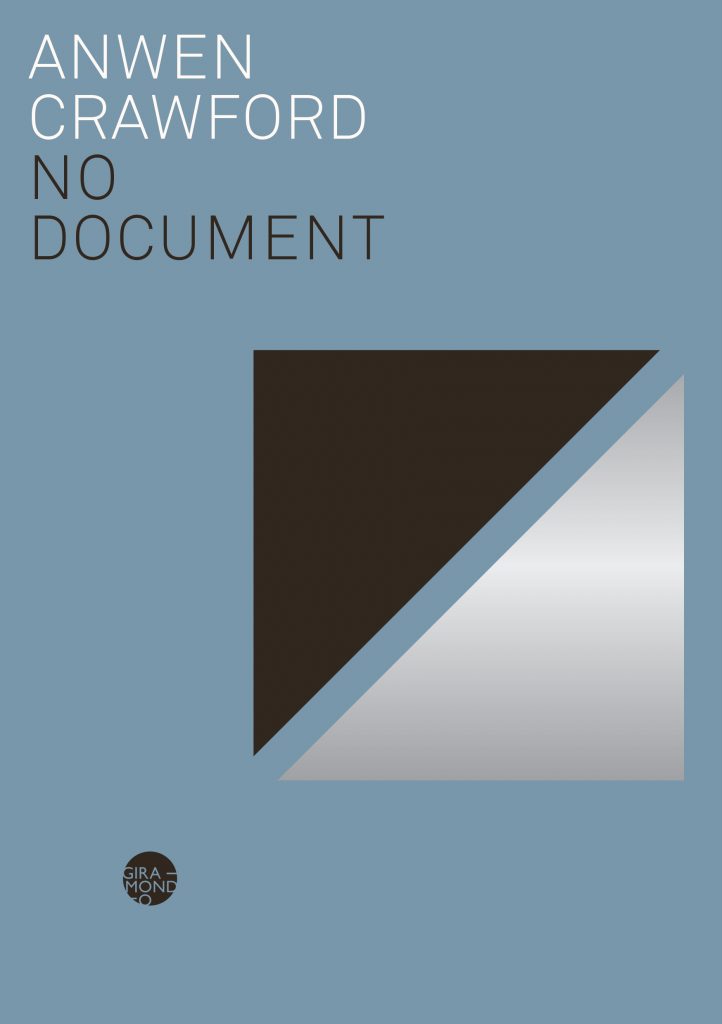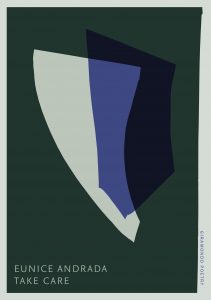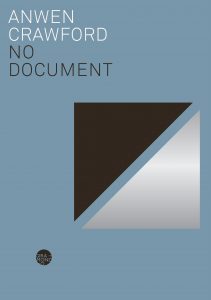Eunice Andrada and Anwen Crawford shortlisted for The Stella Prize
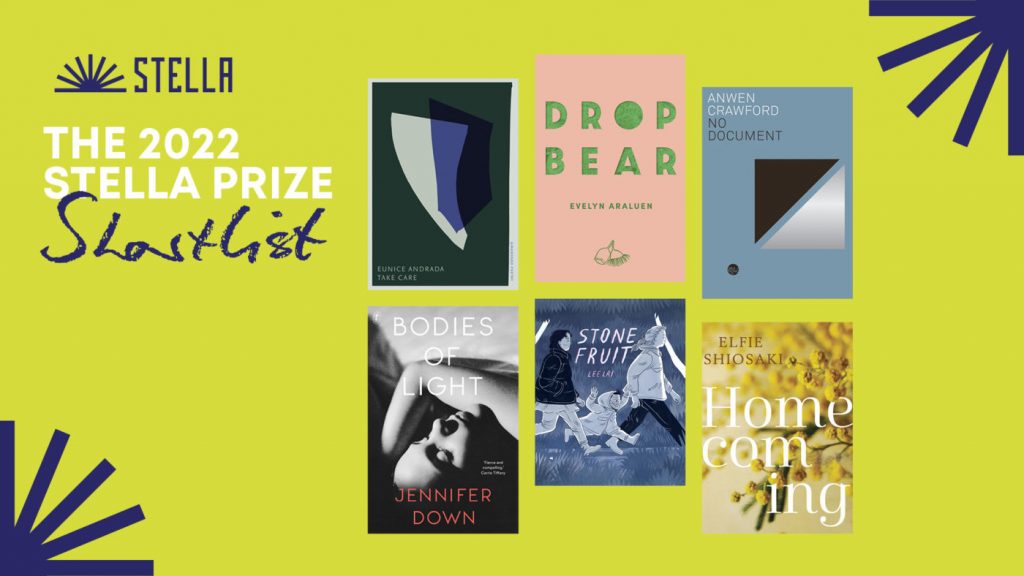
Authors Eunice Andrada and Anwen Crawford have each had their works shortlisted for The Stella Prize.
In the first year that poetry has been eligible for the award, Andrada has been shortlisted for her collection, TAKE CARE. Bound in personal testimony, the poems in TAKE CARE situate the act of rape within the machinery of imperialism, where human and non-human bodies, lands, and waters are violated to uphold colonial powers.
Crawford has been shortlisted for No Document, a groundbreaking work of nonfiction, and an elegy for a friendship and artistic partnership cut short by death. First published in Australia in April 2021, the book will be published in the United States by Transit Books in June 2022.
Of the shortlist, this year’s judging panel chair Melissa Lucashenko says: ‘The 2022 Stella Prize shortlist is big on emerging voices writing in unconventional ways – from regions, positions, and literary forms that transcend the mainstream. These authors are writing back, insisting that ‘other’ lives – First Nations lives, poor women’s lives, queer lives, and Filipina lives – matter on the page just as they do in everyday affairs.’
Now in its tenth year, The Stella Prize is an annual literary prize that recognises and celebrates books from Australian women and non-binary writers.
Read the judges’ comments on the two shortlisted Giramondo works below.


Judges’ comments: TAKE CARE by Eunice Andrada
Eunice Andrada’s second poetry collection meditates on the ethics of care and the need to dismantle in order to recollect, to recover, and to create. Andrada is a master of final lines, and many of these poems – ‘Subtle Asian Traits’, ‘Duolingo’, ‘Pipeline Polyptych’ – conclude with memorably succinct and inspired turns, as in the sardonic humour of ‘Don’t you hate it when women’, which goes from ‘kill the herbs on the windowsill /devote their year’s salary to take-out’ to ‘kill the cop / the colonizer / the capitalist / living rent-free in their heads / demolish the altar built on their backs / without blame /walk away’.
Andrada’s collection adroitly combines the personal, the political, and the geopolitical, narrated by a voice that is at once hip, witty, and deeply serious. Andrada has the imaginative ability to move between the memories of poet-narrators, historical asides, reflections on the nature of race and feminism in Australia, and questions of colonisation both locally and in the Philippines. Formally remarkable, stylistically impressive, and often surprising, TAKE CARE is a collection that understands the ways in which ‘There are things we must kill / so we can live to celebrate.’
Judges’ comments: No Document by Anwen Crawford
No Document is a longform poetic essay that considers the ways we might use an experience of grief to continue living, creating, and reimagining the world we live in with greater compassion and honour.
Reflecting on the loss of a close friend, comrade, and creative collaborator, Crawford moves through time in search of a remembered momentum towards revolution. Deconstruction and creation exist side-by-side as the processes of artistic techniques are described in detail, as well as the successes and failures of collective action.
This work is a complex, deeply thought, and deeply felt ode to friendship and collaboration. There is the persistent feeling that through grief – remarkable and devastating – one is able to temporarily glimpse everything they need to know. Returning to something lost is full of sadness, futility, and frustration but also represents a fierce commitment to possibility. The emotional, paradoxical tumble of grief and hope represents a universal desire for meaningful change and No Document implores us to harness that desire collectively.
Find out more about The Stella Prize on their website.

